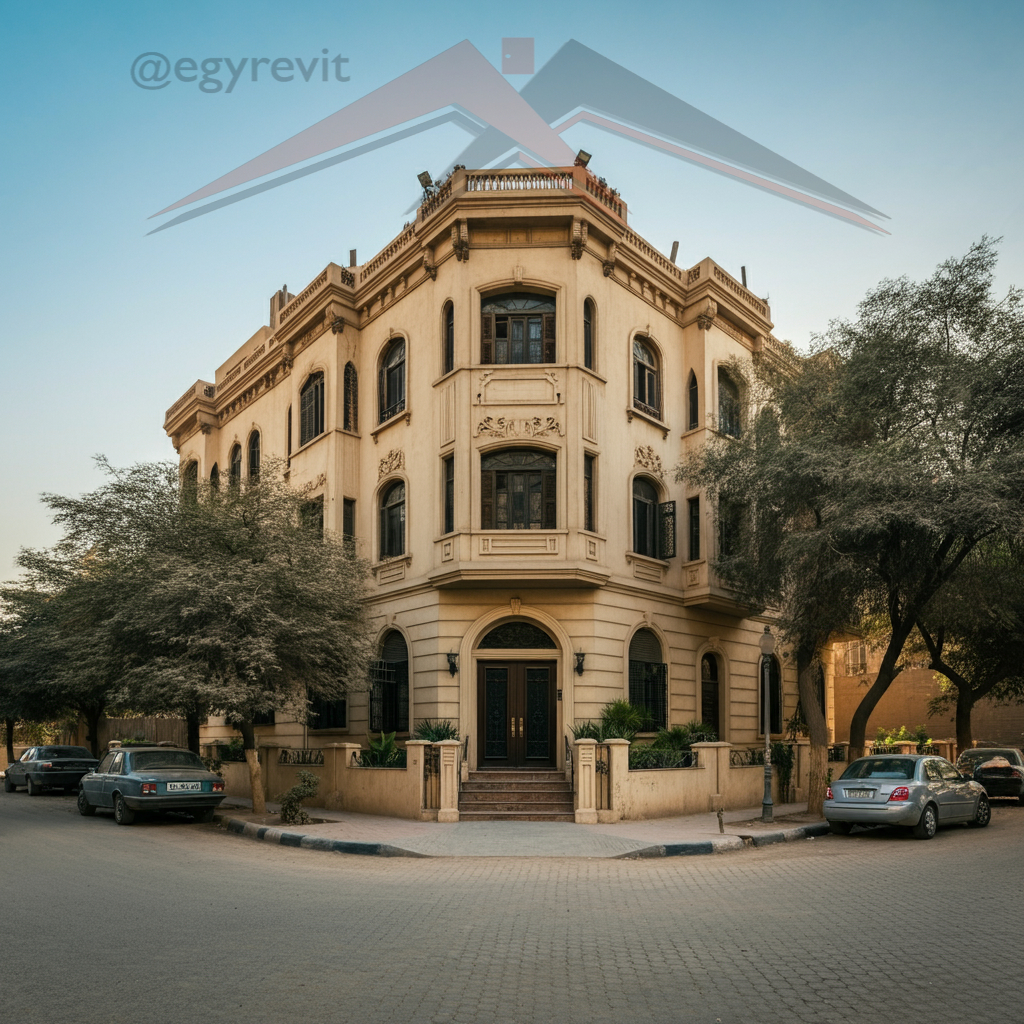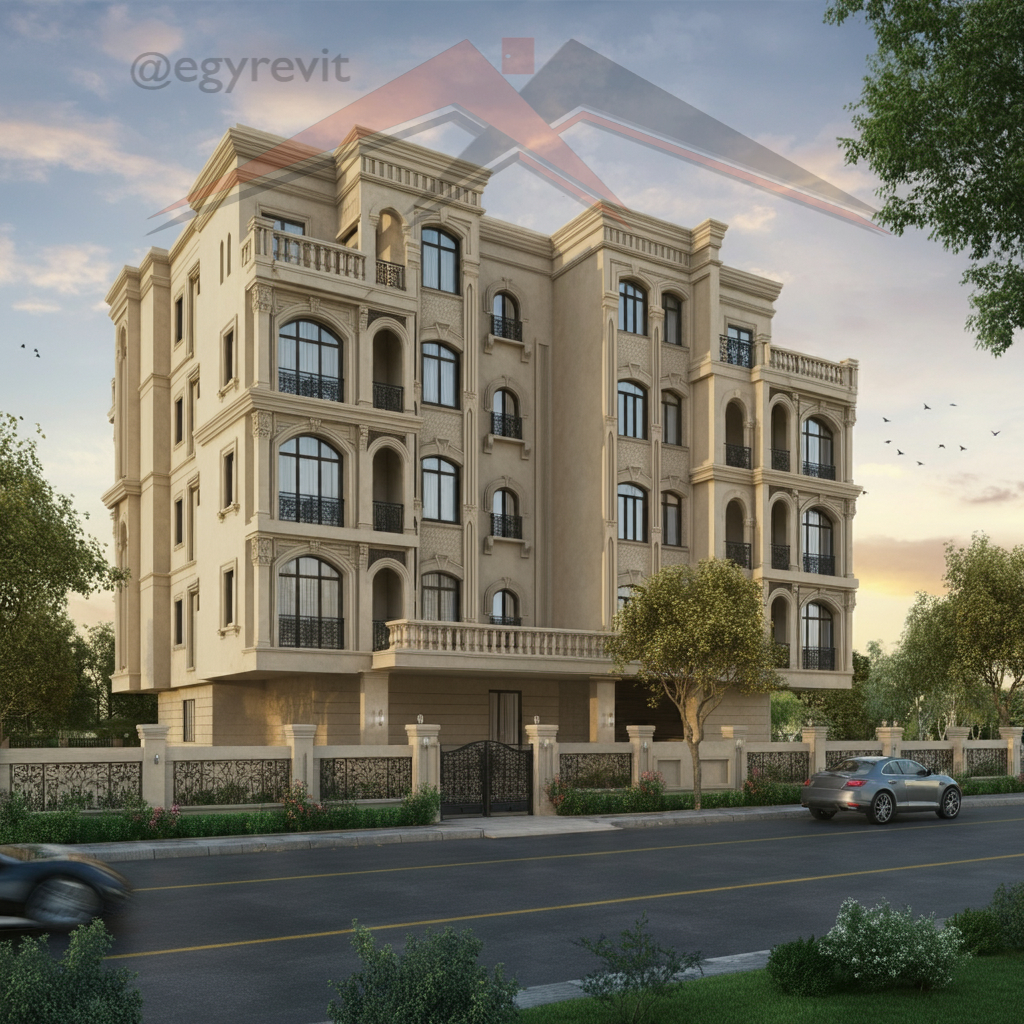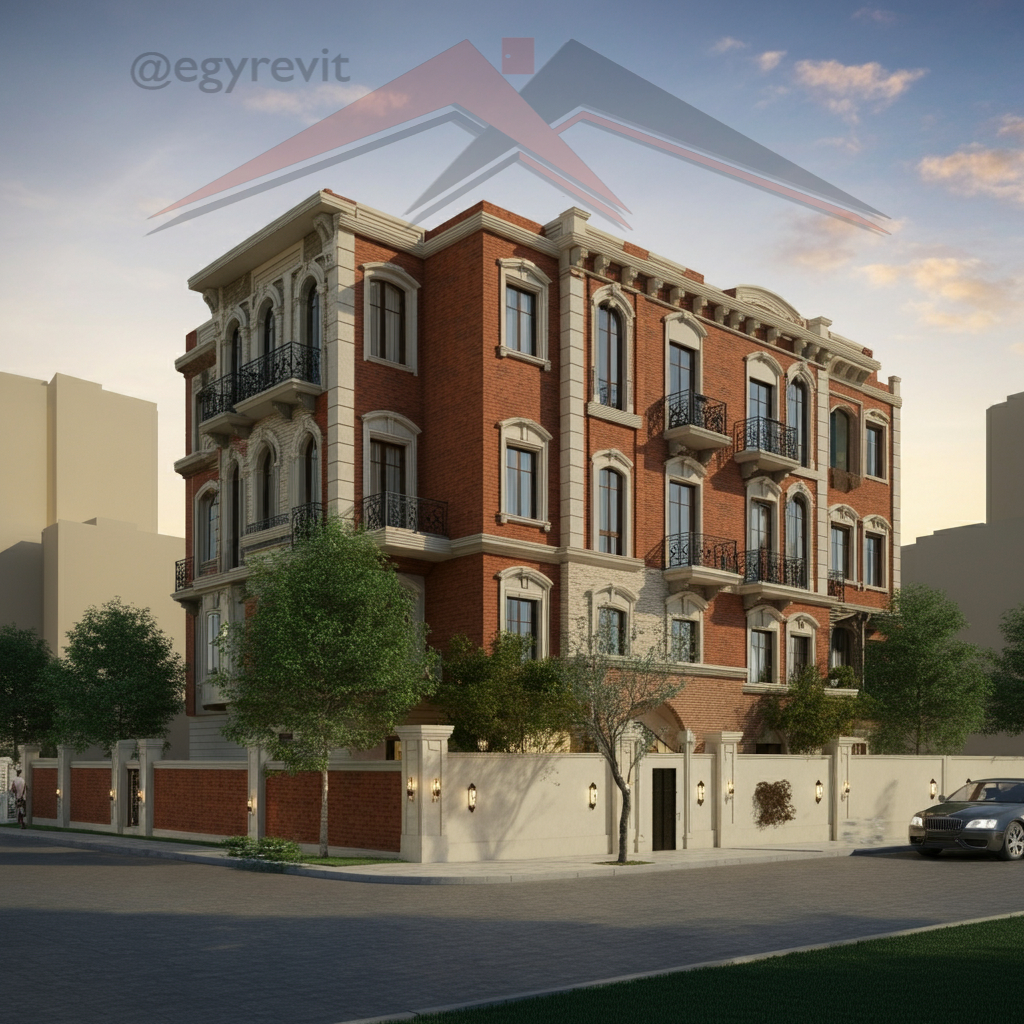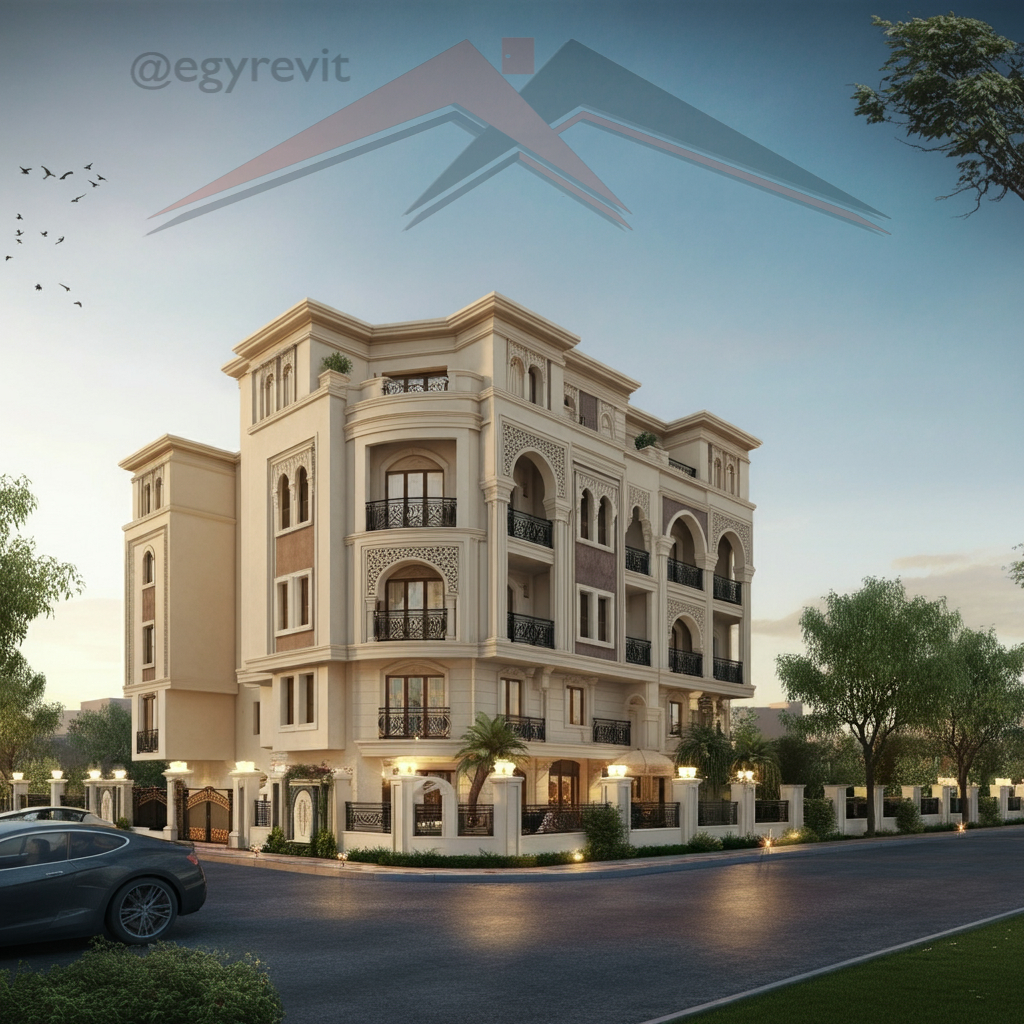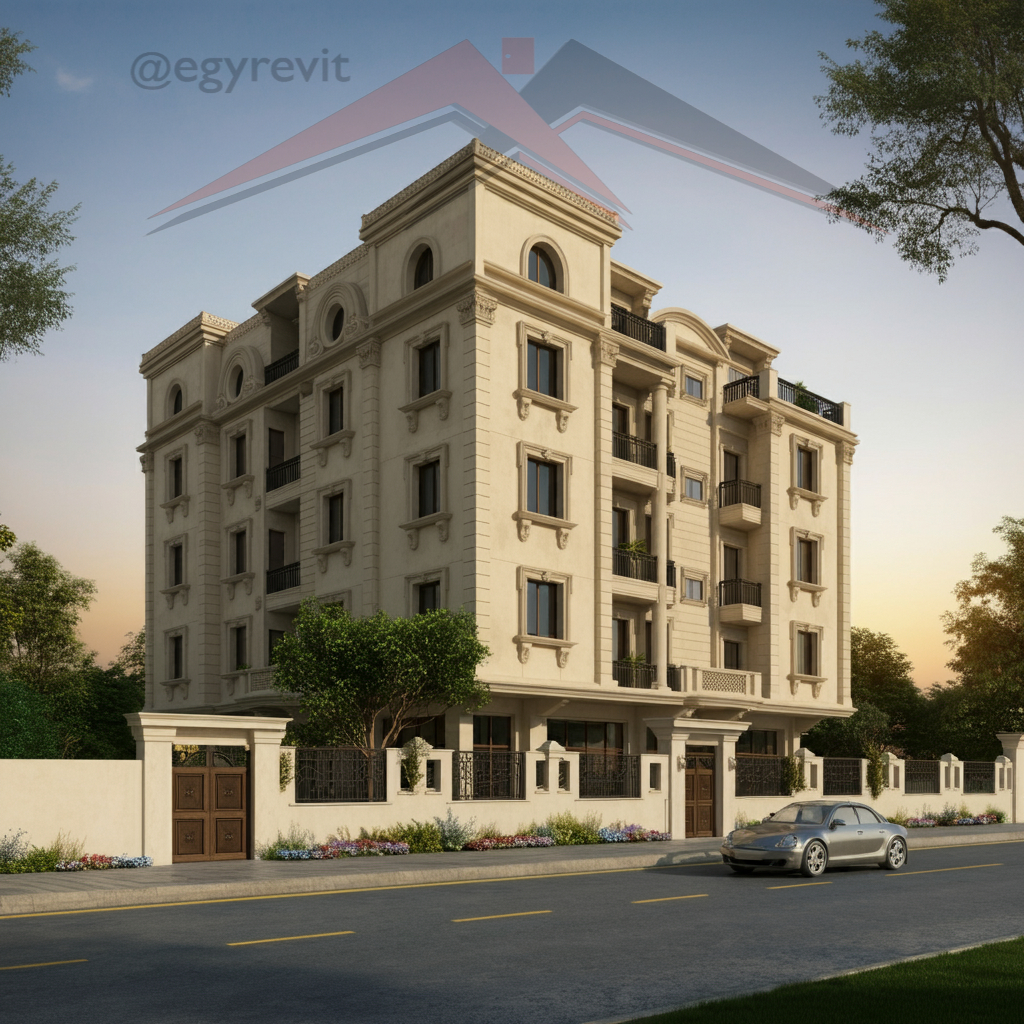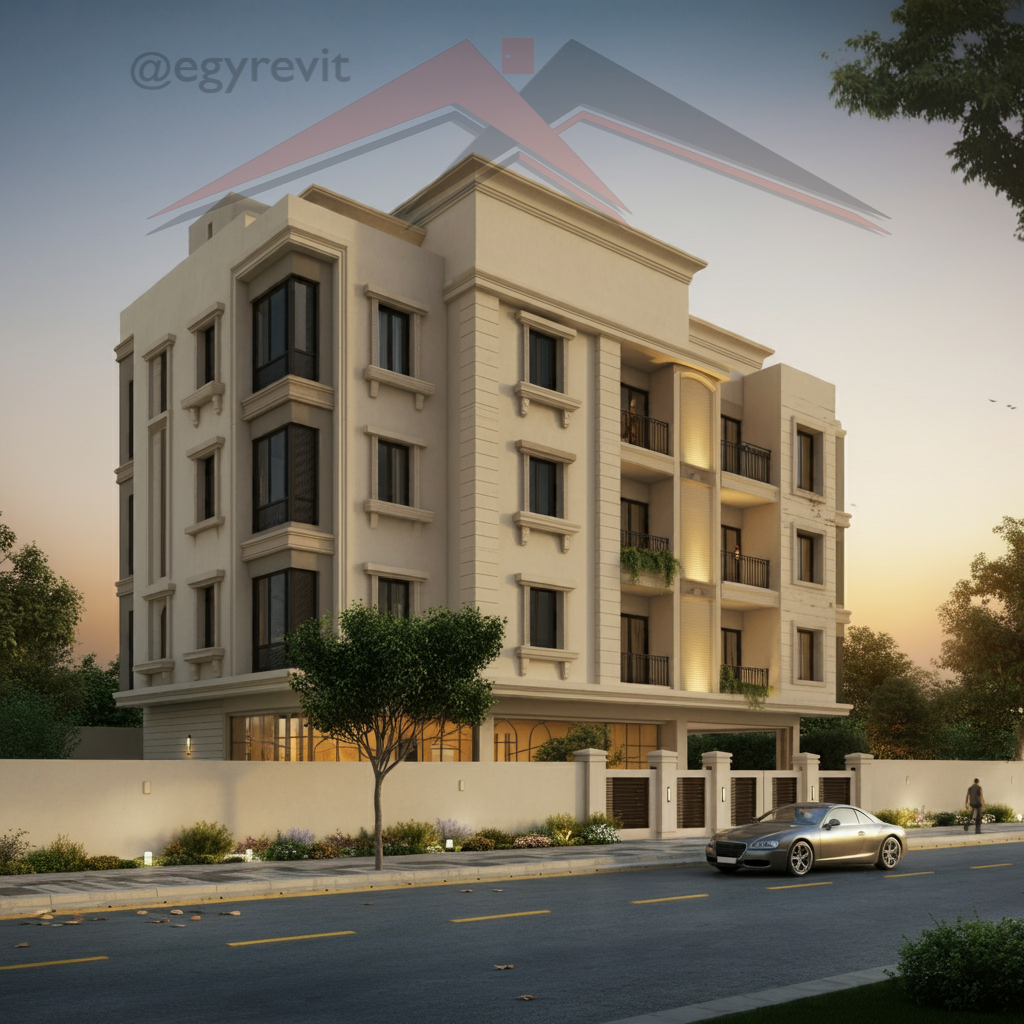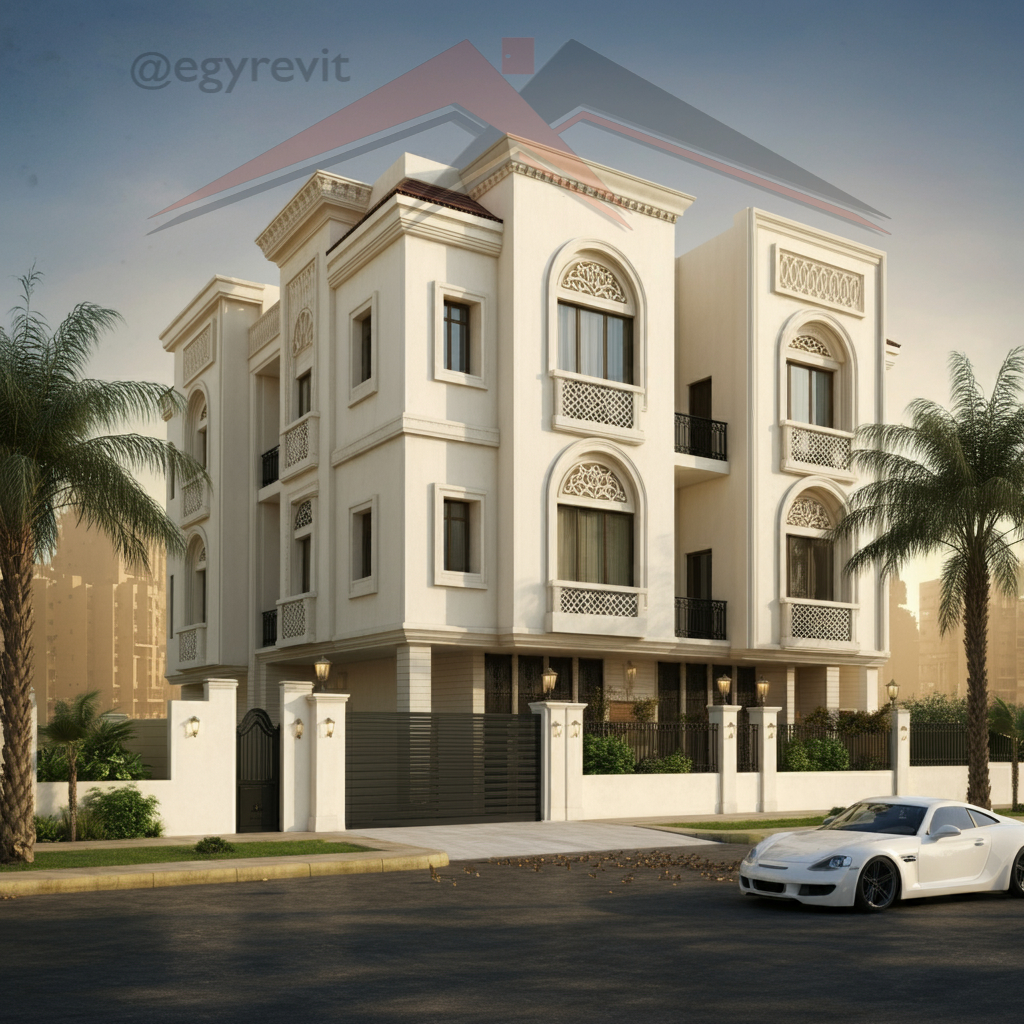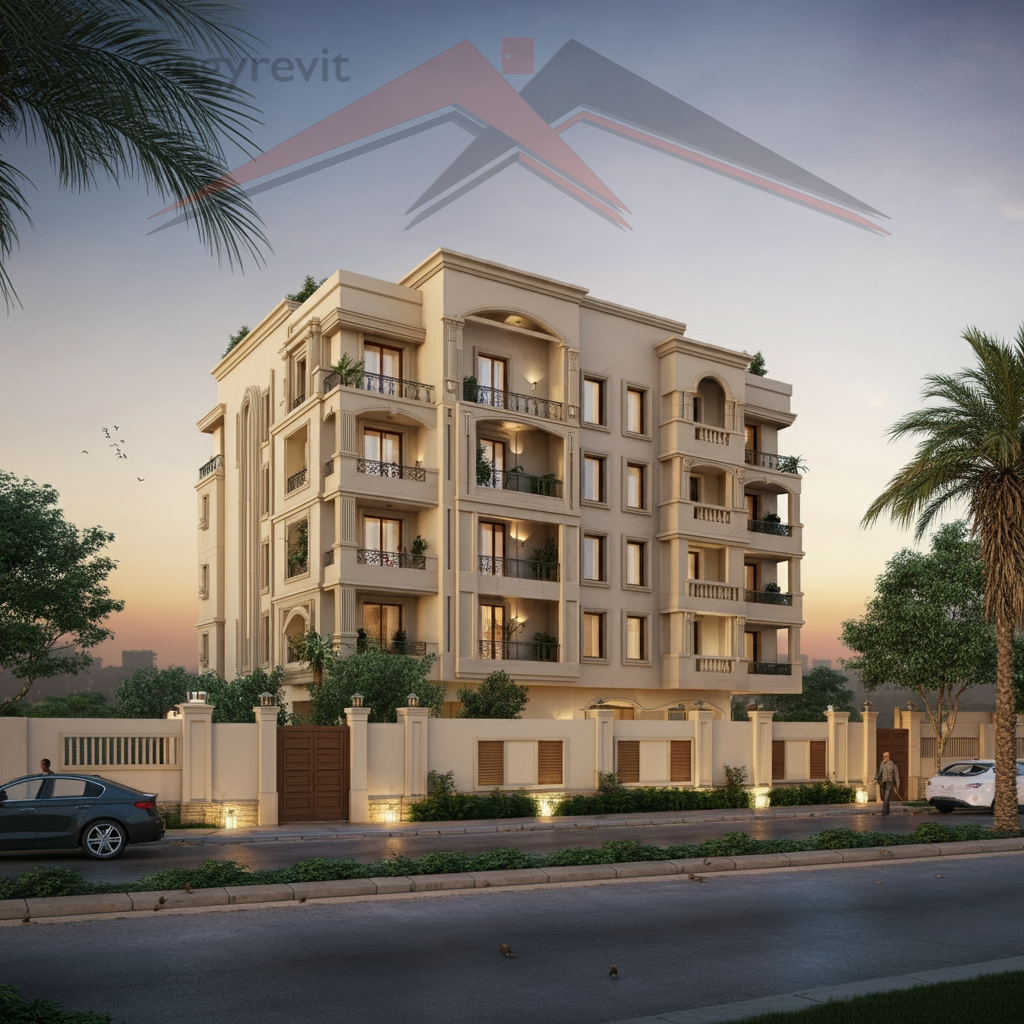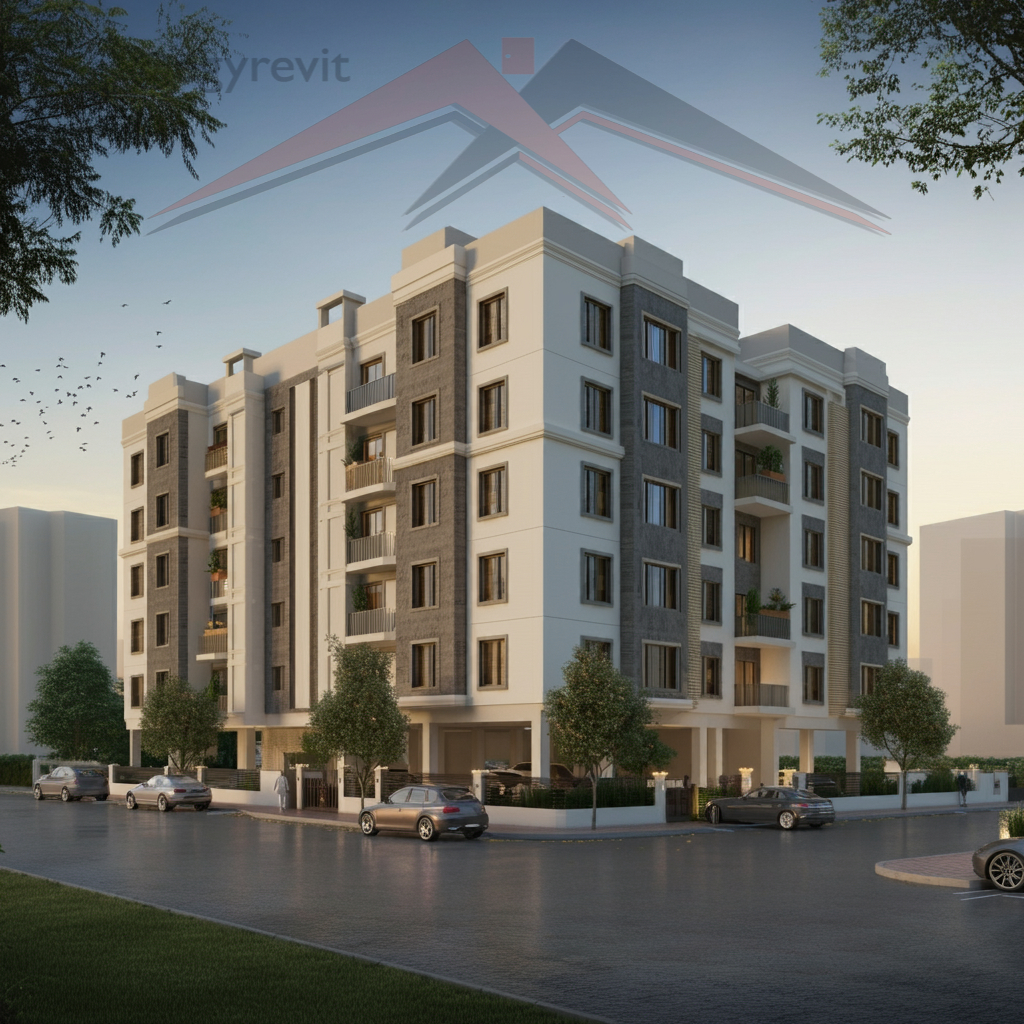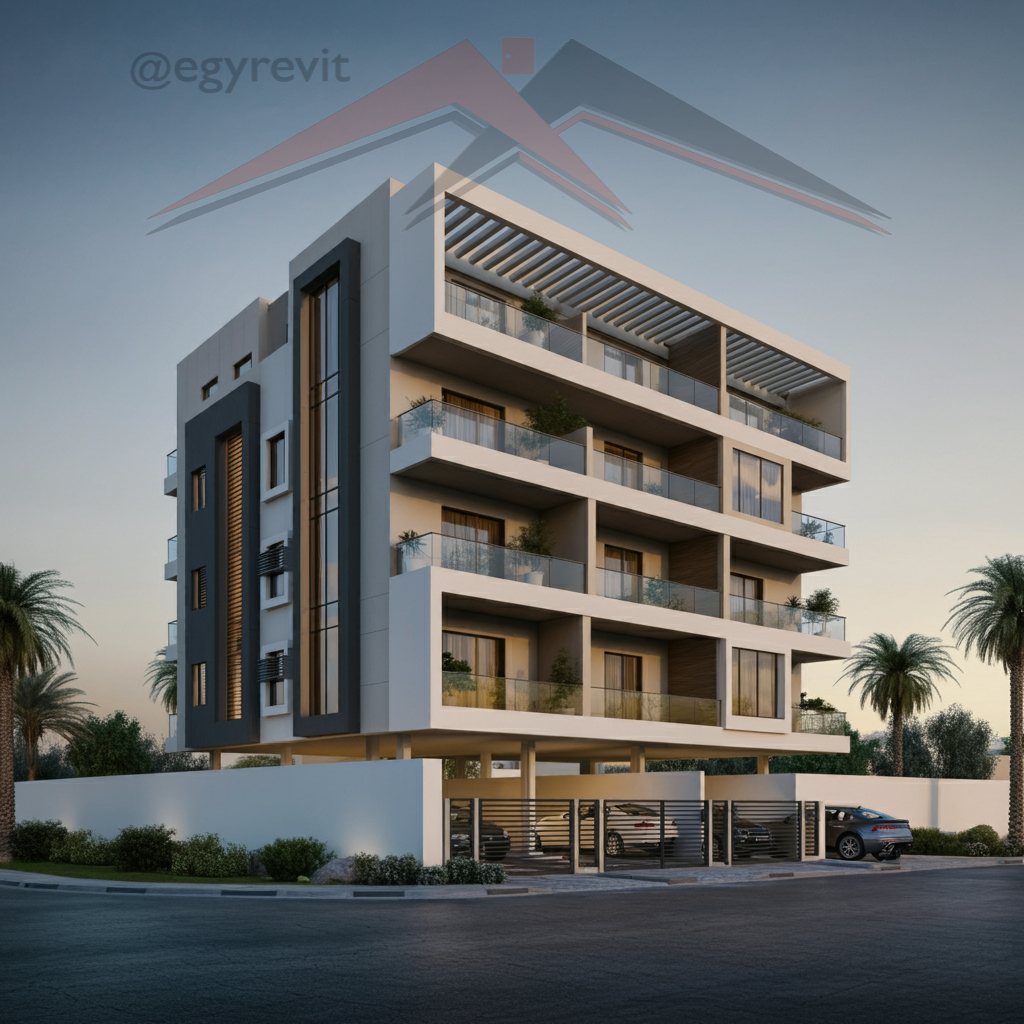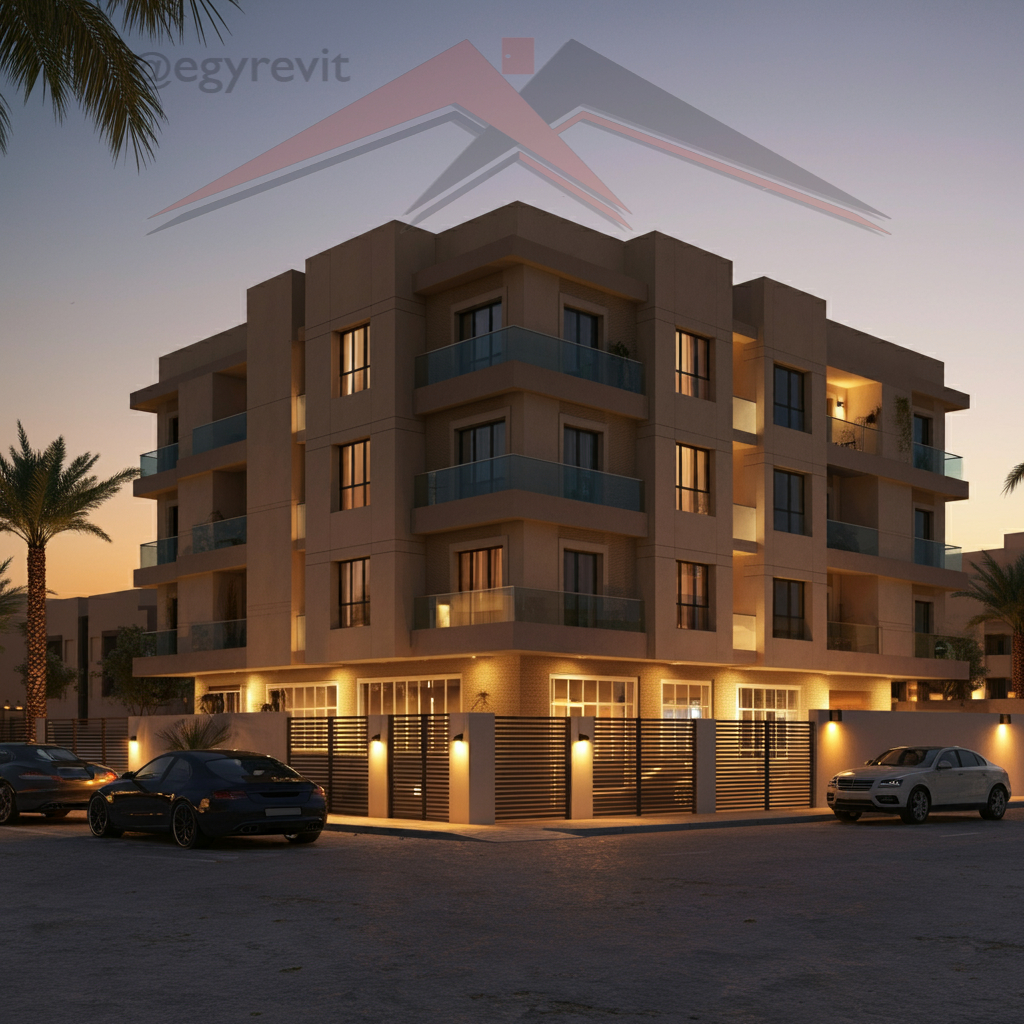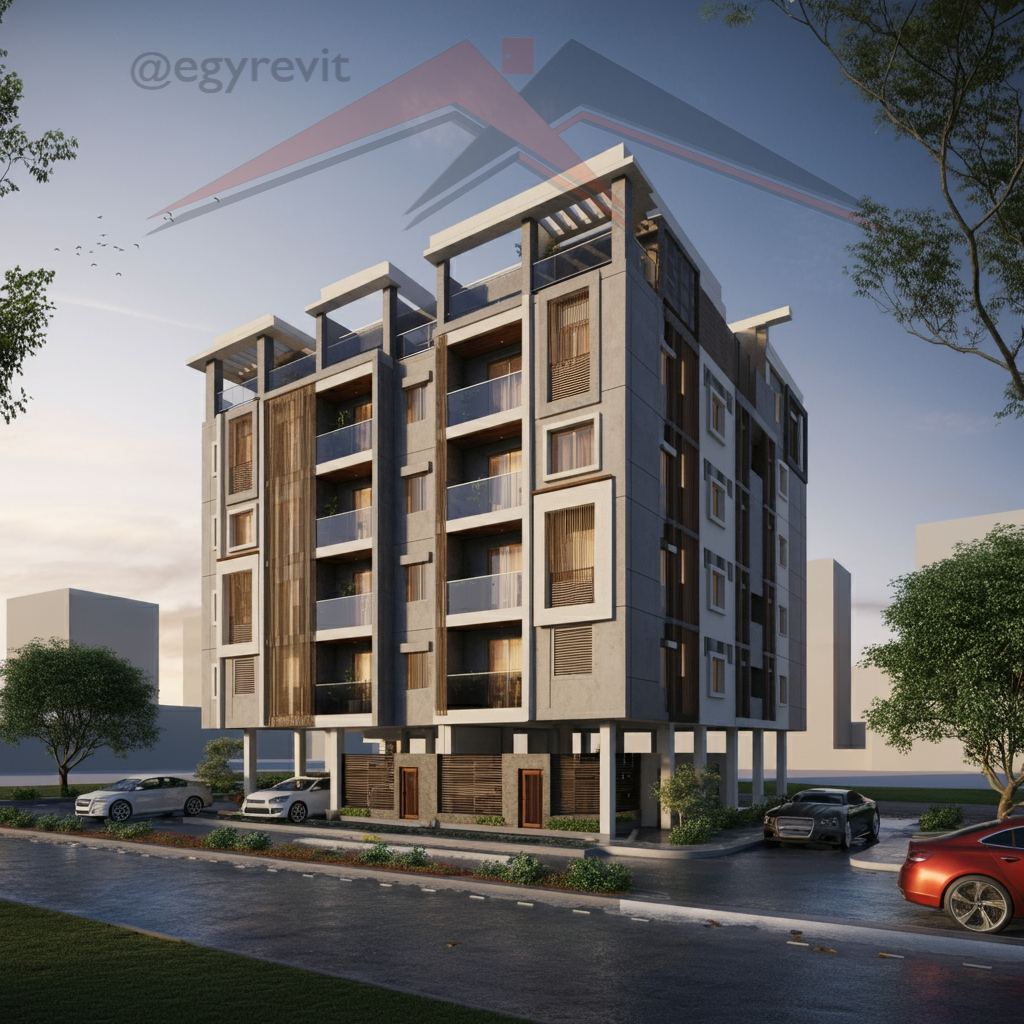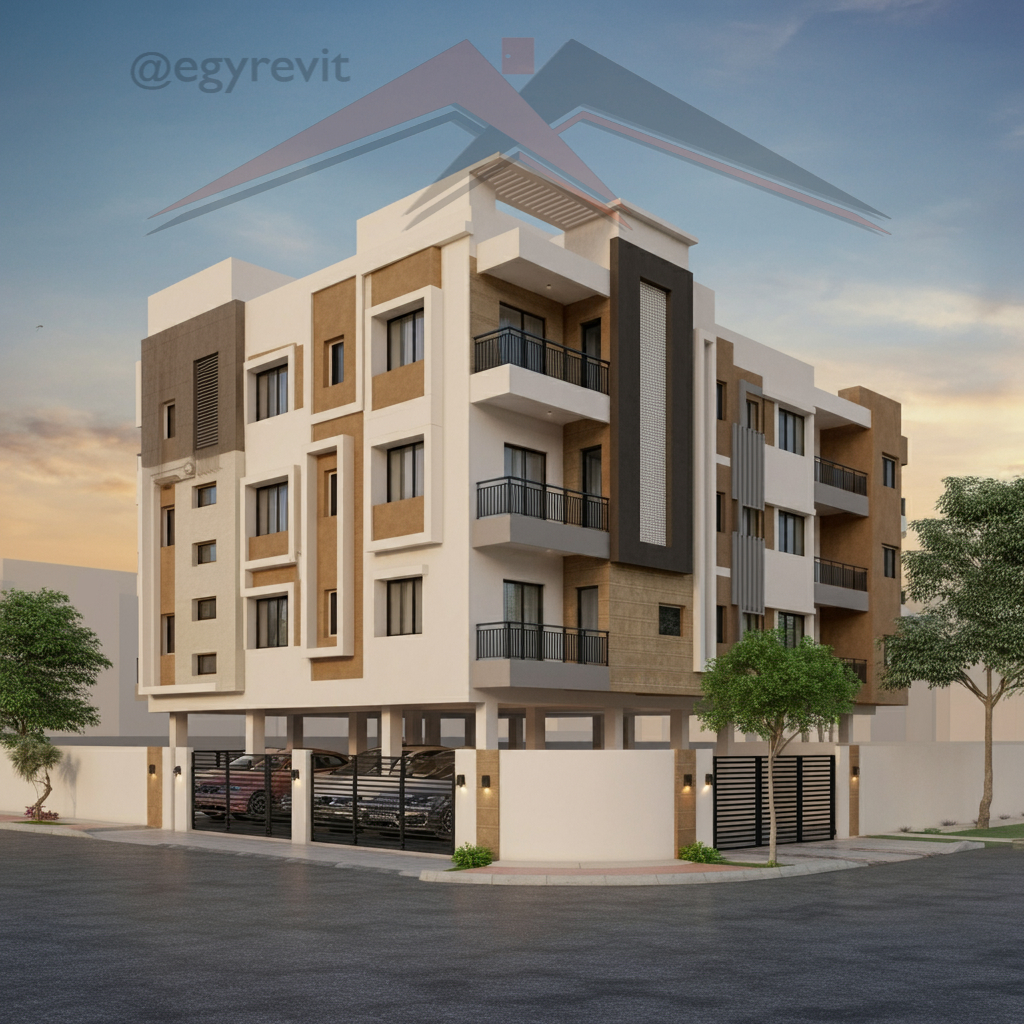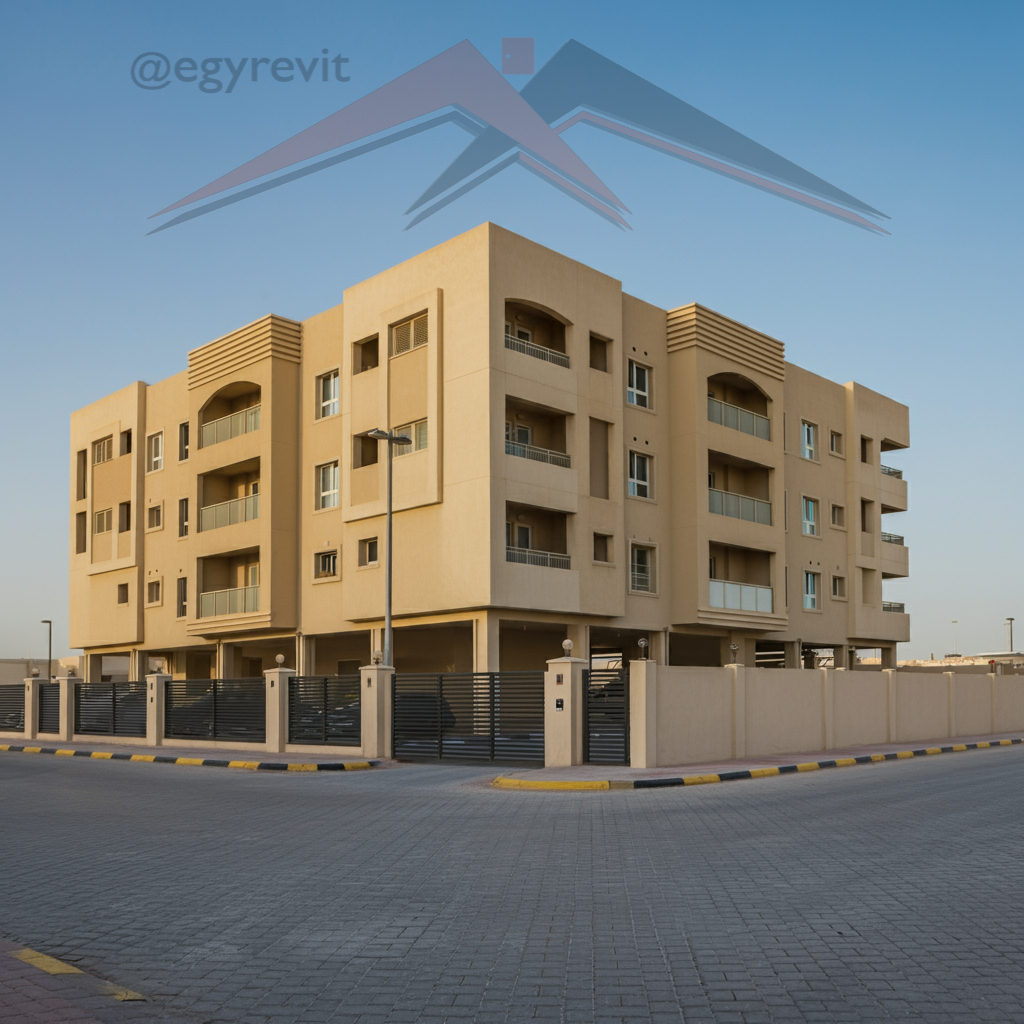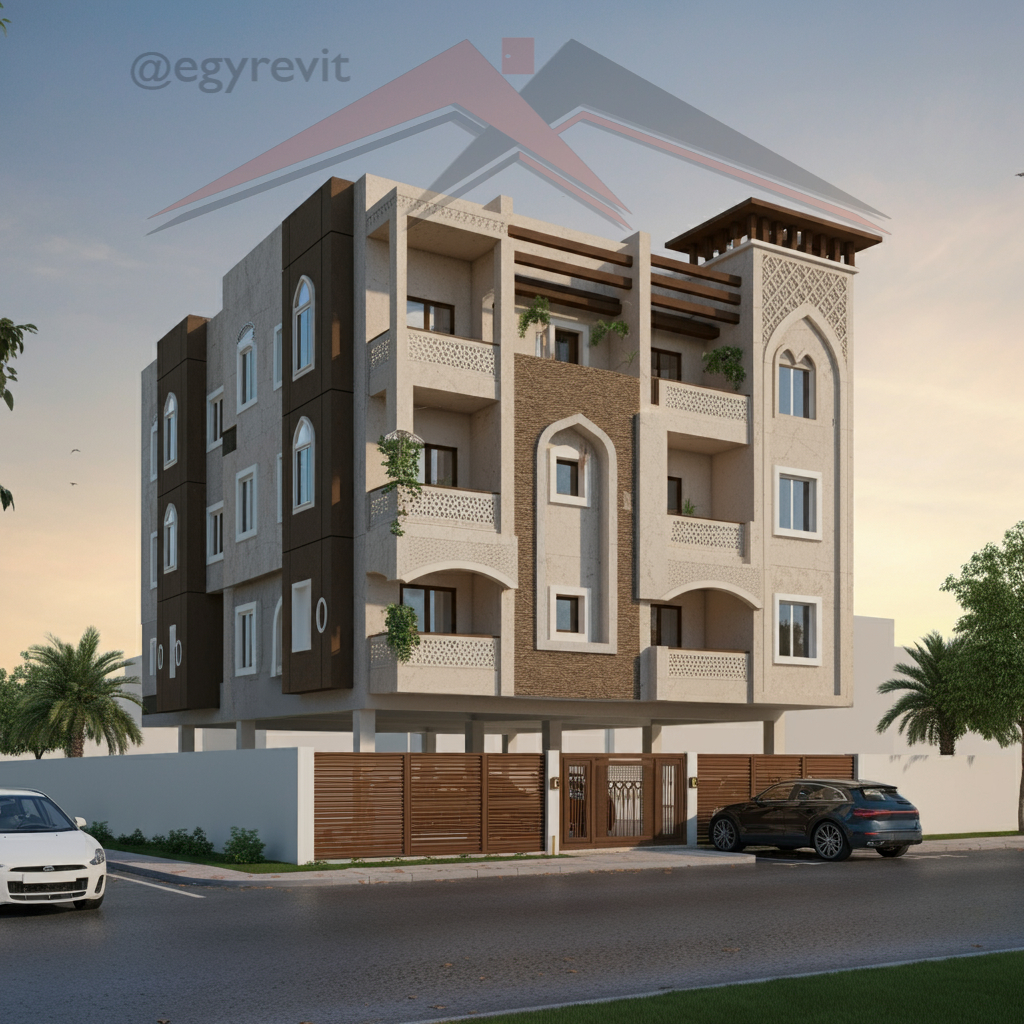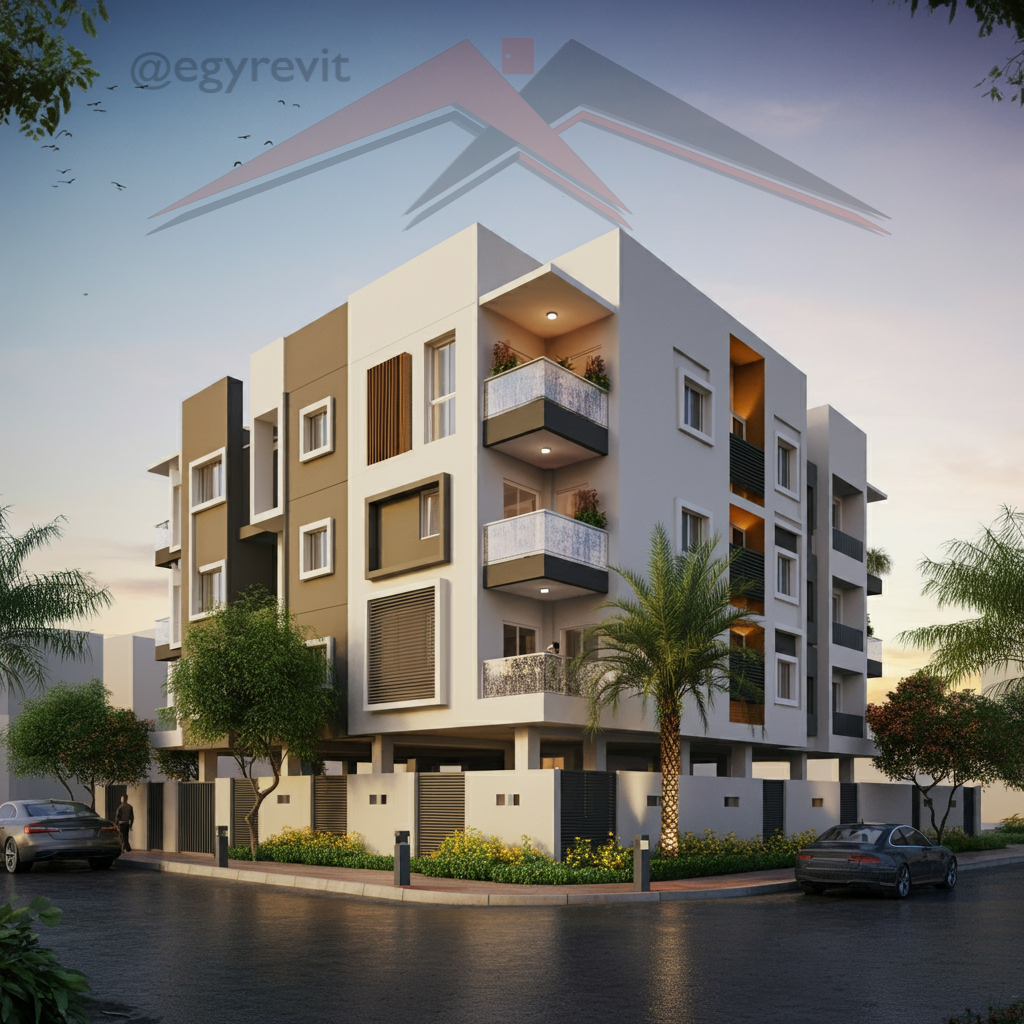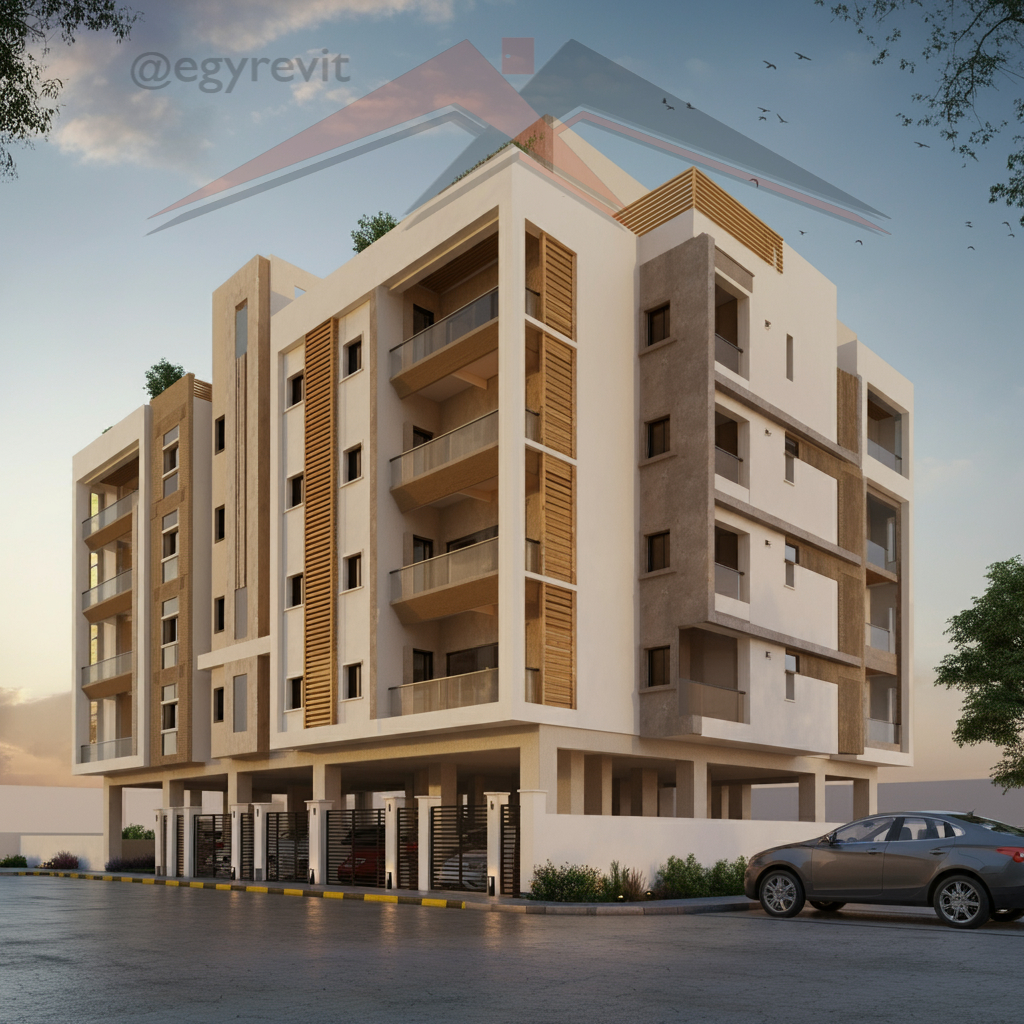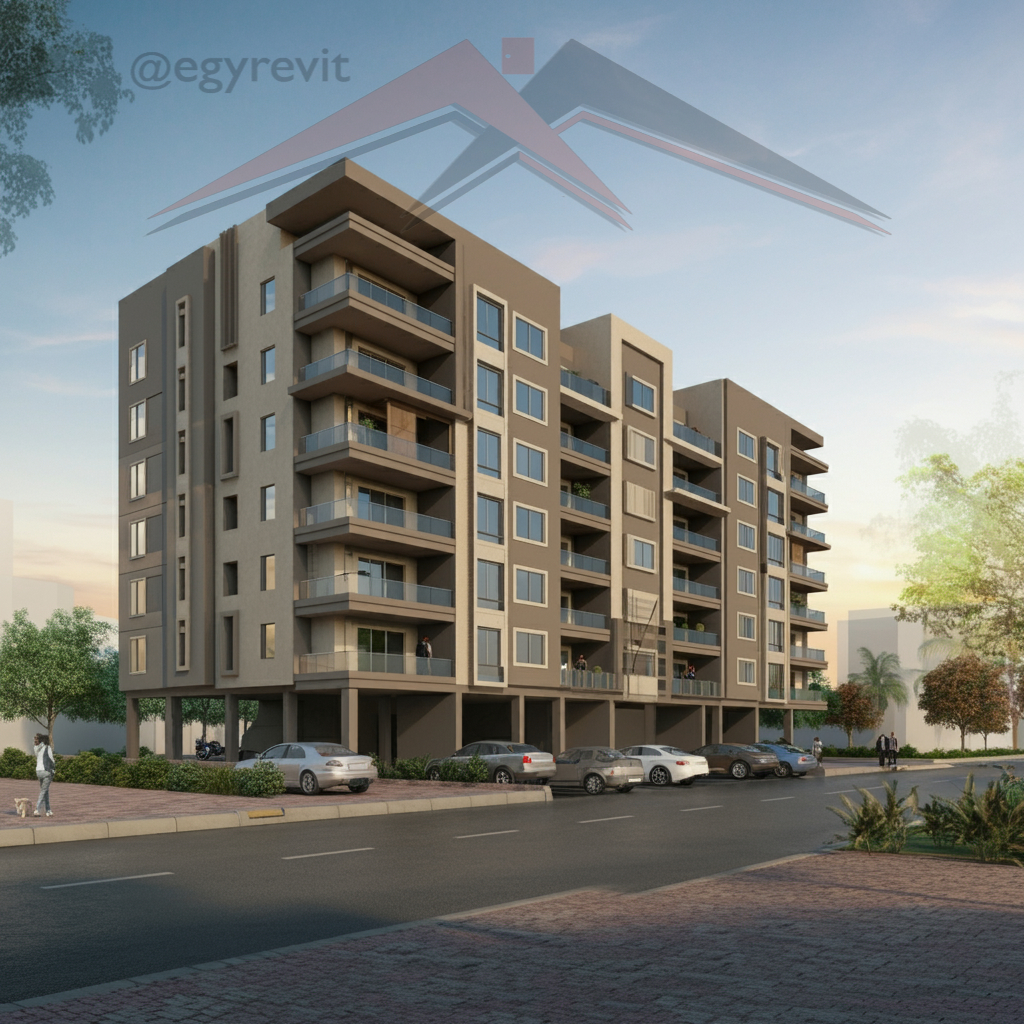Residential Complex Design particularly the residential facade is the first impression a potential buyer or renter has of a home.
It’s essential to create a facade that is visually appealing, functional, and reflects the desired lifestyle.
Key considerations for residential facade design:
- Curb Appeal: The facade should create a positive first impression and enhance the property’s value.
- Functionality: The facade should provide adequate natural light and ventilation to the interior spaces. It should also be designed to withstand local weather conditions.
- Architectural Style: The facade should be consistent with the overall architectural style of the home.
- Sustainability: Incorporating sustainable design elements can help reduce the home’s environmental impact and energy costs.
- Maintenance: The facade should be easy to maintain and require minimal upkeep.
Privacy: The facade should provide a reasonable level of privacy for the residents.
Design Process:
- Research: Gather information about the local architectural styles, building codes, and climate conditions.
- Concept Development: Create initial design concepts that reflect the desired aesthetic and functional requirements.
- Material Selection: Choose appropriate materials that are durable, aesthetically pleasing, and sustainable.
- Detailing: Develop detailed drawings and specifications for the facade’s construction.
- Regulatory Compliance: Ensure the design complies with local building codes and regulations.
- Construction and Installation: Oversee the construction and installation of the facade.
A well-designed residential facade can significantly enhance the value and appeal of a home. It’s an investment that can provide long-term benefits for the property owners.
SEE EGYREVIT RESIDENTIAL BUILDING DESIGN BELOW >>>




